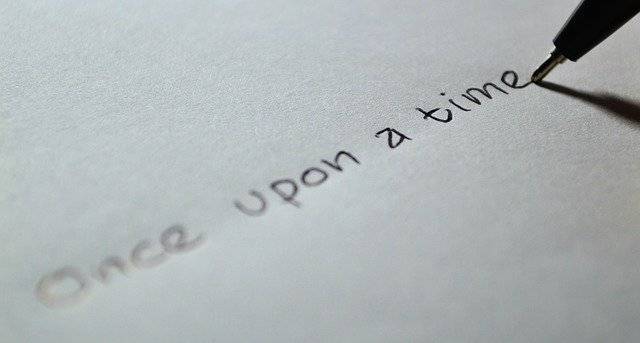“Its only words, and words are all I have …” Barry, Robin & Maurice Gibb of Bee Gees gave us words that fluently roll off many tongues. Words are all writers have to express their love of words. They knit words to form creative expressions. It is these expressions on tangible media copyright law protects.
Any expression on a tangible medium, which is original and creative is protectable as a copyright, and the first owner of this copyright is the writer. Unless of course, the writer is employed or commissioned to express in which case the employer or the commissioner is the first owner of the copyright in the work. The writer may also choose to transfer her copyright by way of an assignment, which is normally the case in most, if not all publication agreements. Writers of lyrics and scripts that form part of films have the privilege of royalty share mandated by the law, which cannot be waived or assigned. For reasons not expressed by the legislature, the privilege of statutorily mandated royalty is not available to non-film writers, who continue to be exploited by dominant publishers, who consider themselves superior in most respects including judgments of creativity.
Unlike certain other forms of Intellectual Property, copyright protection does not require registration and the protection afforded by copyright law is automatic on creation of a work by the writer. Simply put, a writer need not go through the process of registration in order to acquire copyright protection. However, copyright registration has several advantages from formalizing ownership of a writing to ease of enforcing copyrights. In other words, it is easier to prove that a writer is the owner of a work if she holds copyright registration, and using the registration she can go after people copying her work.
When is a writer’s expression copyrightable?
What can a writer use from another writer or source?
How can a writer register her copyright?
What should a writer know about publishing agreements?
How can a writer stop infringement of her work online or offline?
How can a writer stop and take down unauthorized copies of her work?
Do writers need to protect their names and book titles?
Are writers celebrities and do they have publicity rights?
What rights are given away when writers post on social media?
How do writers manage their copyrights and royalties?
The aforementioned questions and more will be addressed in our subsequent posts with cases, examples and samples.
Note: If you are a writer and would like us to answer specific questions, please write to [email protected] with the subject: Copyrights and Writers.
Suggested Reading
Chapter 3, Fun IP, Fundamentals of Intellectual Property, Dr. Kalyan C. Kankanala (2012).



